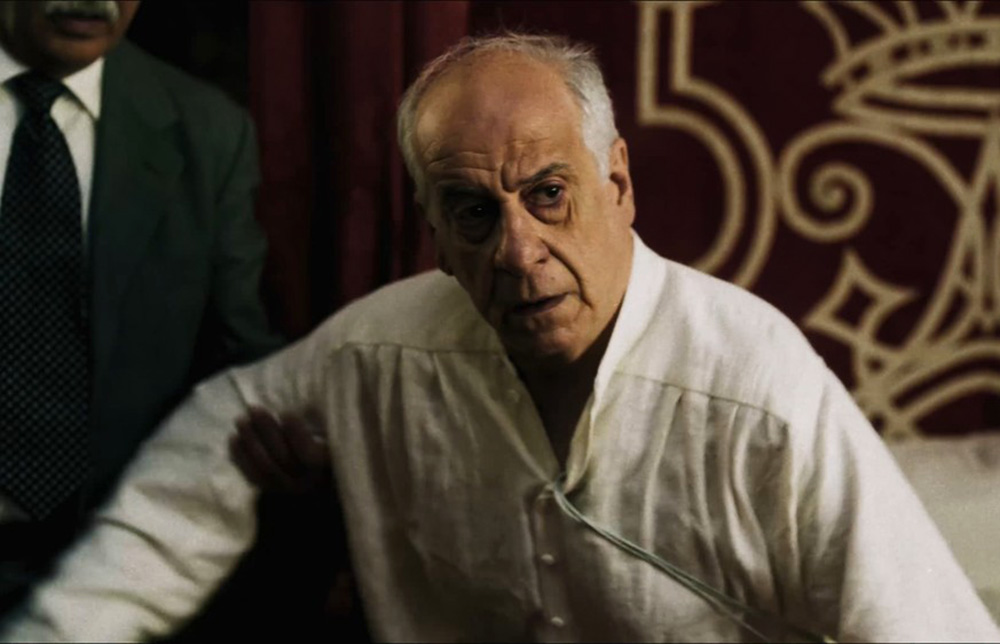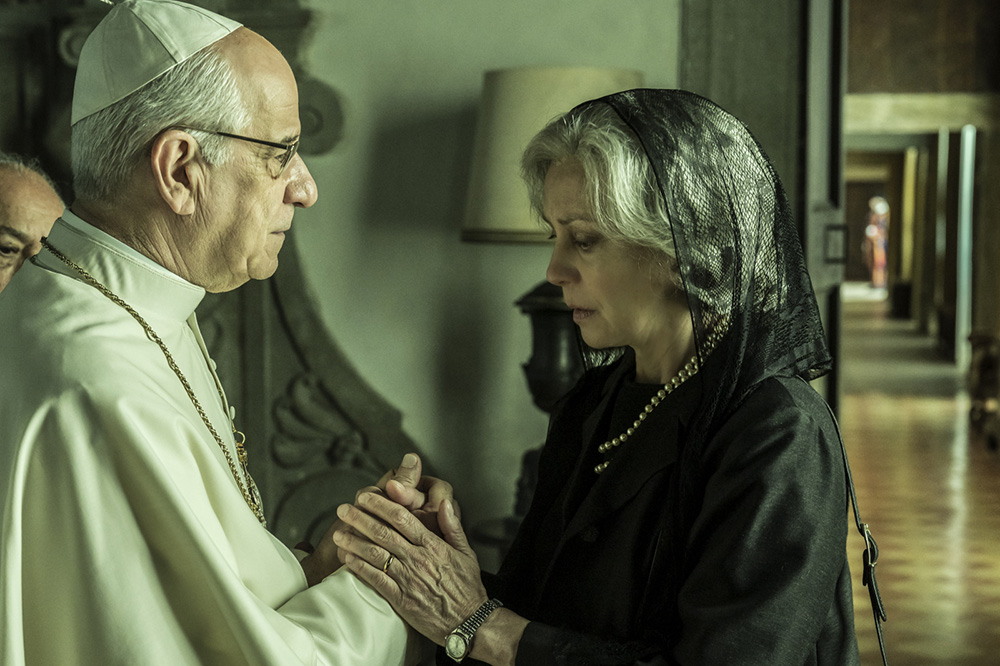Marco Bellocchio may have missed the mark with “The Traitor,” but he’s back in top form with “Exterior Night” (“Esterno Notte,” original title), his first foray into television. The series offers multiple perspectives on the Aldo Moro case by dwelling on the themes of class struggles, the cynicism of politics, manipulation, and religion in an engaging and informative fashion.
He may not be well-known in the U.S. by a vast majority of cinemagoers, but since the early 1960s, Marco Bellocchio has delivered consistent work—decade through decade, year through year. And as time passes, the more the greater public recognizes his work. One of the last films he did, “The Traitor” (2019), is one of his most watched features, even if it isn’t his most critically successful one.
From the Big Screen to Television; Bellocchio Helms a Limited Series
The filmmaking techniques and direction of the film were impressive, but some people dismissed it for its bloated and over-lengthened nature, which is its biggest fault. Nonetheless, at least the community acknowledges his work. The films he made during the 2000s (“Vincere,” “Good Morning, Night,” “My Mother’s Smile”) drove more people to anticipate his future work and seek out past ones, like “Fists in Pocket” (1965) and “Love and Anger” (1969). Bellocchio might not deliver praised pieces of work each time, but they sure are compelling on their own merit, at the very least.
Now, the Italian filmmaker is now switching from the big screen to television by presenting a lengthy limited series based on the 1978 kidnapping and assassination of former Italian Prime Minister Aldo Moro by the Red Bridages terrorists, who wanted to undermine the state and pave the way for a Marxist upheaval. The series is titled “Exterior Night.”
Also Read: NYFF 2022 Review: ‘Saint Omer’ Transcends Courtroom Drama Trappings
Although many will know the outcome of this story, it adds to the film’s theme of the uncertainty of tomorrow—the things that happen overnight which might change things for better or worse. What increased my interest in seeing this project, besides Bellocchio’s name attached to it and its clean-cut trailer (accompanied by Jeanette’s track, “Porque te vas?,” which I love), is the director’s change of medium and canvas. I was very interested to see how a filmmaker like him managed a long-winded canvas after years of making films. Furthermore, the shift from cinematic ventures to TV intrigued me to see if his vision changed due to the medium’s gifts and restrictions.
It Feels Like Bellocchio is Highly Fascinated with His Story

I’m glad to say that not only does Bellocchio remain with his acute touch, but “Exterior Night” managed to surpass my expectations. His latest work, an almost six-hour series, picks up where his 2003 feature, “Good Morning, Night,” left off in the Aldo Moro case. By returning to stories he has told before, Bellochio adds the parts left unsaid and continues the story of Italy’s political and criminal history.
One of the rarities that happen in cinema is a filmmaker being in top shape after returning to a topic (or period in history). And it feels that the Italian director is highly fascinated by that story. His directorial approach is acute and sharp, remaining keen on the details while taking some semi-fictionalized liberties to raise its cinematic sensibilities. “Exterior Night” dives deep into the underbelly of the governmental discord in the Years of Lead, the term used for the period of social and political turmoil in Italy that lasted almost two decades, the ’60s and ’80s, where there were a lot of incidents of political terrorism.
While “Good Morning, Night” told the Moro case story from the point of view of a young terrorist involved with the kidnapping, the series doesn’t do that for its entirety, just for one episode. Instead, it adopts a sort of “Rashomon”-style narrative infrastructure. It tells the story of the absconding via different angles of the days of delirium and uncertainty. It highlights a time when a country was left cornered and frightened by an armed organization.
An Engaging and Riveting Series
This event opens up Bellocchio’s thematic forte because he explores multiple themes at the same time without feeling baggy or incomplete. Bellocchio has his hands full with themes of class struggles, how power may lead to revolution, manipulation, religion, and the cynicism of politics. But, with the help of his team of writers (Davide Serino, Ludovica Rampoldi, Stefano Bises, Giovanni Bianconi, and Nicola Lusuardi), it helps to ease up each episode’s different perspectives. Additionally, it allows the themes Bellocchio tackles to take form and their complexity sharpens to a significant effect.

Although the series presents different perspectives, one character is mostly in focus: Minister of the Interior, Francesco Cossiga (fascinatingly played by Fausto Russo Alesi), aka. the “traitor.” Fueled and self-consumed by his own obsessions, Cossiga is slowly spiraling into a paranoid frenzy that he can’t seem to shake off. The more meetings, phone calls, and arrangements he attends or takes, Cossiga’s state of mind deteriorates. Then there’s Aldo Moro (Fabrizio Gifuni), who is eventually the casualty of his ruse—his death caused by his orchestrations. Bellocchio lets Gifuni play Moro with a sense of calmness that the viewer often feels overwhelmed by what’s to come of him.
Still, the emotional maneuvers in which the narrative swindles on cause the ending to be riveting, even if you know its outcome. That is one of the reasons why “Exterior Night” works as a whole. Even when you know its culmination, the series manages to catch you off guard and feel paranoid with its game of spies, infiltrators, manipulators, and attackers. Surely, people will take some time to watch this riveting series that Bellocchio has crafted both in an engaging and informative manner.
“Exterior Night” is part of our continuing coverage of the 2022 New York Film Festival (NYFF).
Support the Site: Consider becoming a sponsor to unlock exclusive, member-only content and help support The Movie Buff!


